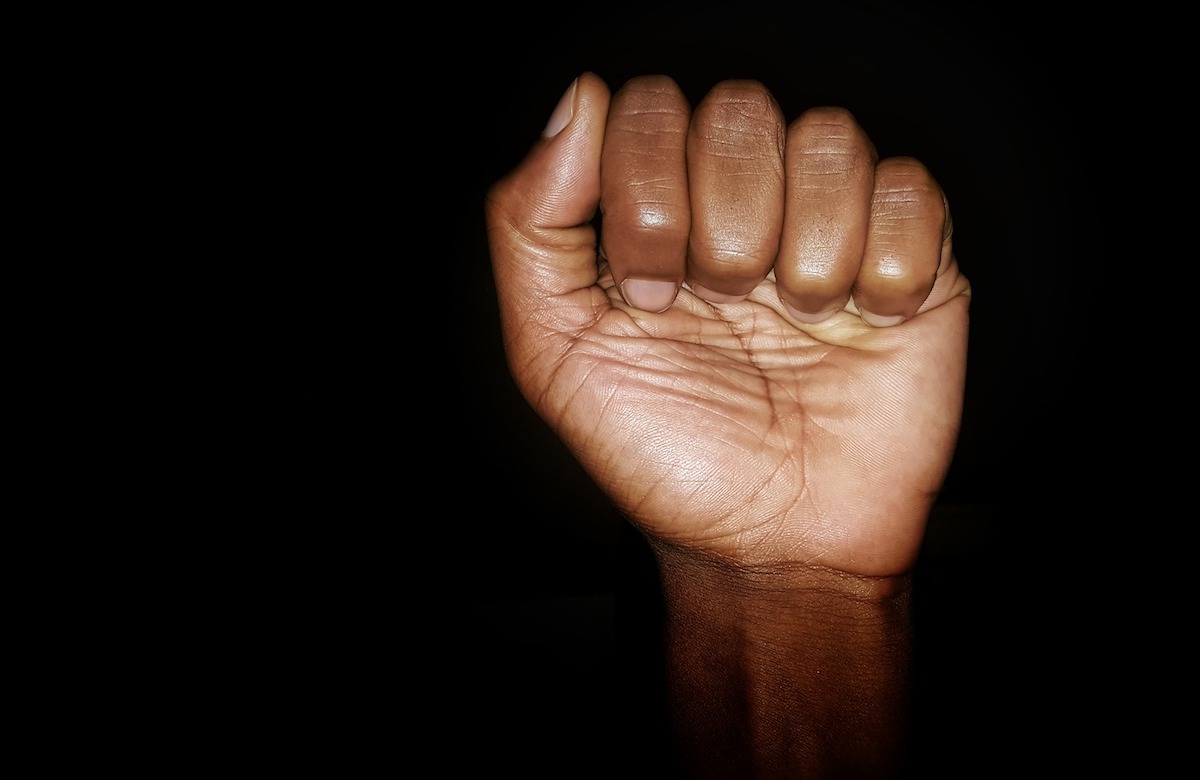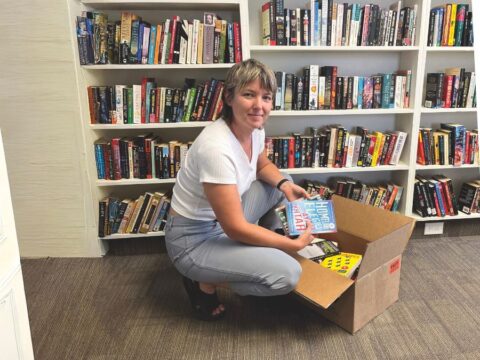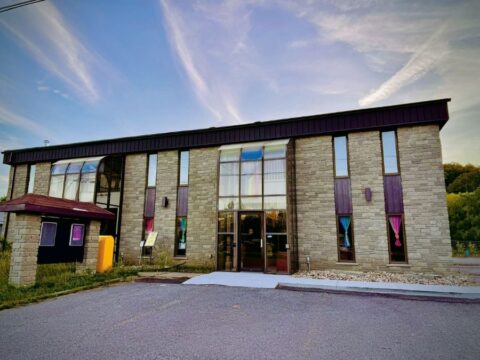October 2017 may go down in history as the turning point for celebrity protest. Arguably for the first time, actors, singers, chefs, artists and athletes have been thoughtfully and effectively at the helm of serious social movements, truly helping rather than hindering their progress.
So how are they doing it? By deftly wielding their art, rather than just raising their media-savvy voice. They’re using what made them celebrities in the first place, rather than just their celebrity, itself.
You may unsubscribe from any of our newsletters at any time.
Of course, this wasn’t always the case. In fact, it’s easy to be cynical about famous people who dabble in politics, as activism is often used as a celebrity brand-enhancer. Think of those who comment on oil patches, seal hunts or alternative health, seemingly without gleaning the full picture. For the rest of us, celebrity fatigue then kicks in; the momentum is lost.
And yet, this fall, 15 newly discovered spiders were named for celebrity activists, including climate change superstar Leonardo DiCaprio and AIDS-fundraising magnate David Bowie. Scientists now seem to be saluting the charitable work of the stars, rather than poking fun at it.
Here are five celebrity-led activist movements that are changing the way stars do activism:
1. Alyssa Milano promotes #MeToo
Who: Alyssa Milano, actress best known for the TV series, Who’s The Boss, Charmed and Melrose Place
The issue: Pervasive harassment and sexual violence against women, triggered by the October revelation that Hollywood mogul Harvey Weinstein is a serial perpetrator
What she did: On Oct. 15, Alyssa Milano re-Tweeted a friend’s suggestion: “If all the people who have been sexually harassed or assaulted wrote “me too” as a [Facebook] status, we might give people a sense of the magnitude of the problem.”
How it grew: Within hours, actors Debra Messing, Anna Paquin, Rosario Dawson, Patricia Arquette and many others posted “me too” on social media — some with details; some without. That same night, more than half a million women had posted “me too” on Twitter. By the next morning, more than six million Facebook users had posted “me too” as their own status.
2. Colin Kaepernick ‘takes a knee’ during the U.S. national anthem
Who: Colin Kaepernick, former San Francisco 49ers starting quarterback
The issue: Racial inequality and “police terrorism” against black Americans
What he did: During 2016 preseason games, Colin Kaepernick kneeled during the singing of the Star Spangled Banner. “I am not going to stand up to show pride in a flag for a country that oppresses black people and people of color,” he explained to the press. “To me, this is bigger than football and it would be selfish on my part to look the other way. There are bodies in the street and people getting paid leave and getting away with murder.”
How it grew: Other athletes began ‘taking a knee’ in 2016, including Seattle Reign midfielder Megan Rapinoe, an LGBT activist. After U.S. President Donald Trump tweeted in September that NFL players kneeling during the anthem should be fired or suspended, more than 200 NFL players took a knee. Kaepernick, who is a free-agent, is now suing the NFL, claiming that he’s been shut out by the league because of the protests. No team will hire him.
3. Yael Deckelbaum helps to promote peace in the Middle East
Who: Yael Deckelbaum, Canadian-Israeli singer and activist
The issue: Ongoing violence in Israel-Palestine
What she did: Following the 2014 Gaza War, Yael Deckelbaum helped found Women Wage Peace, a movement of both Jewish and Muslim women who are pressuring governments to solve the Middle East conflict. She wrote the movement’s anthem, Prayer of the Mothers, which has been viewed more than four million times on YouTube. The 2017 Women Wage Peace march, from Sept. 24 to Oct. 10, starting at Sderot, on the border of Gaza, and ended in Jerusalem.
How it grew: Women Wage Peace started out as completely Israeli in 2014 but soon grew to include women from every ethnic and religious group across the political spectrum.
4. José Andrés helps to feed Hurricane-ravaged Puerto Rico
Who: José Andrés, Los Angeles-based celebrity chef and winner of the 2015 National Humanities Medal
The issue: Inhumane response to Hurricane Maria’s devastation of Puerto Rico
What he did: With his food justice foundation, the World Central Kitchen, José Andrés flew to the island in late September and organized locals to prepare vast amounts of food — paella, sandwiches and much more — feeding more than half a million people. During the process, he shamed the Trump government for its lack of response, too.
How it grew: This is just the latest headline-grabber from World Central Kitchen; Andrés also visited Haiti and Houston, among other natural disaster zones, to lend hands-on relief and celebrity limelight.
5. Ai Weiwei and Eminem speak out for international refugees
Who: Ai Weiwei, Chinese artist, filmmaker and activist, and Eminem, American hip hop artist
The issue: America’s official disinterest in the plight of refugees
What they did: In October, both of these strange, artistic bedfellows used their skills to draw attention to human migration. In his freestyle rap, delivered on Oct. 11 at the BET Hip Hop awards, Eminem slammed many of Trump’s actions, including his plan to build a wall to keep migrants out. What’s more, he told his fans to choose between him and Trump. The next day, Ai Weiwei opened his massive immigration-themed New York exhibit, “Good Fences Make Good Neighbours,” and released his documentary about global refugees, Human Flow, in theatres around the world.
How it grew: In less than a week, Eminem’s rap has been seen on YouTube at least four million times. On opening weekend, Human Flow had the highest box office haul of any independent film in the U.S.














